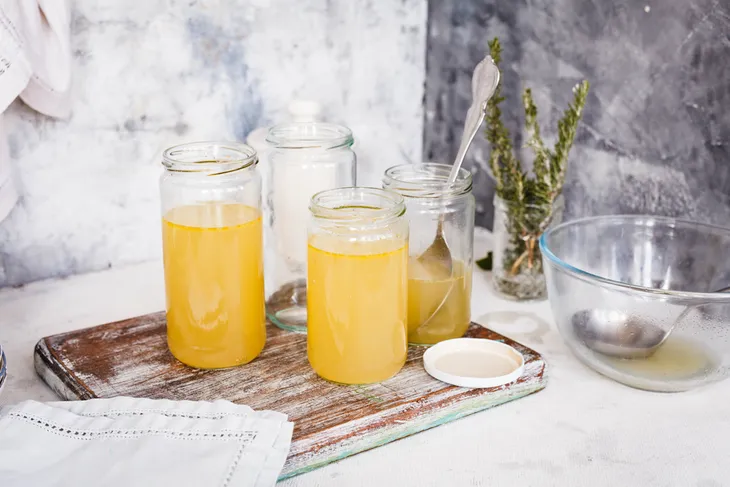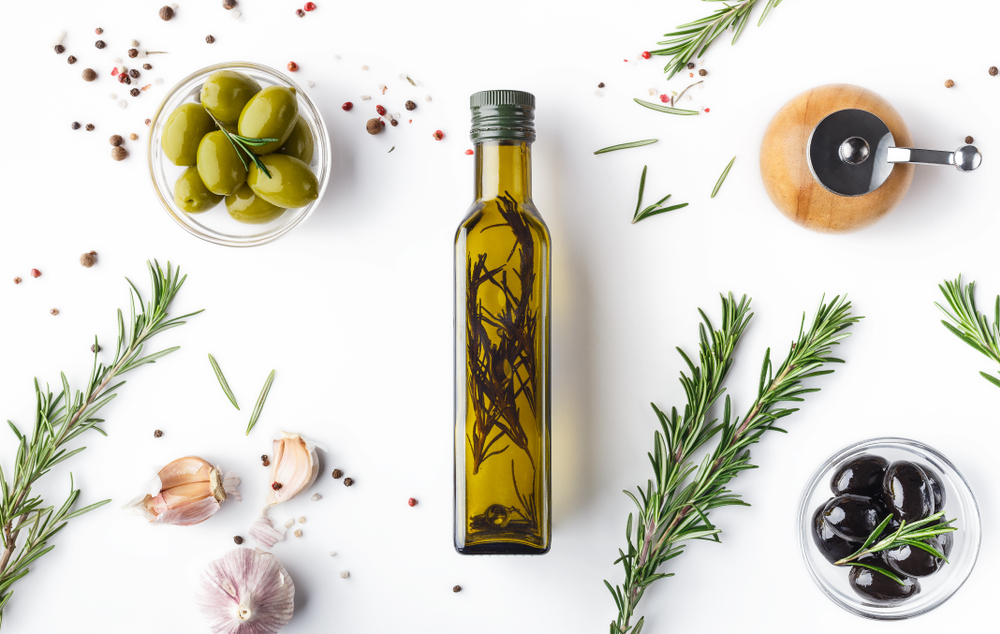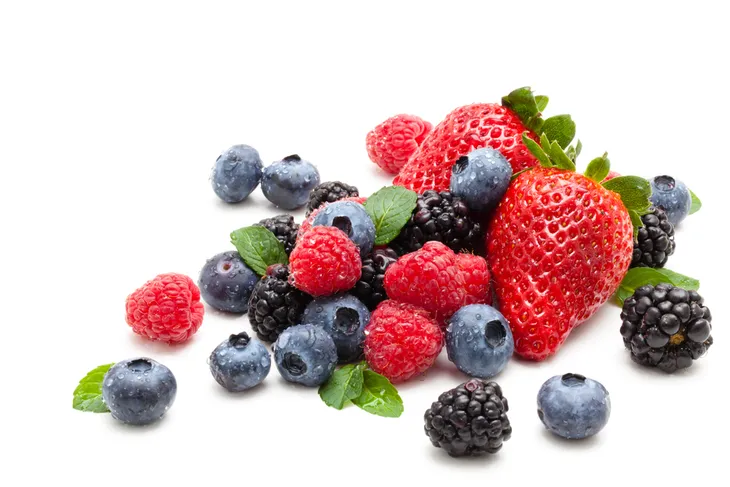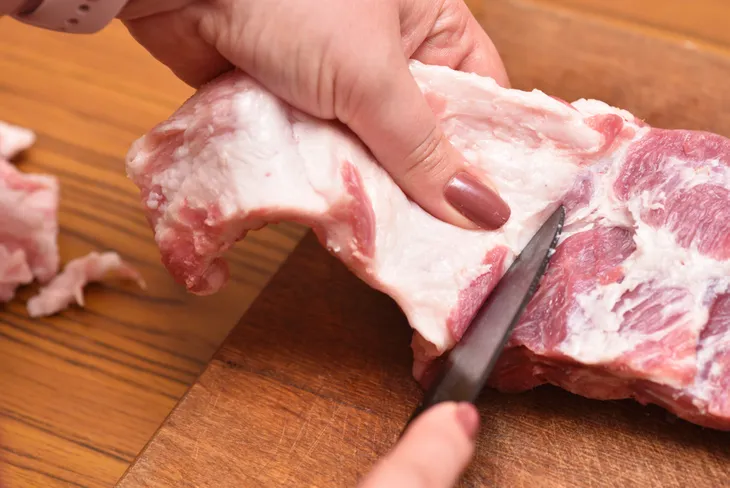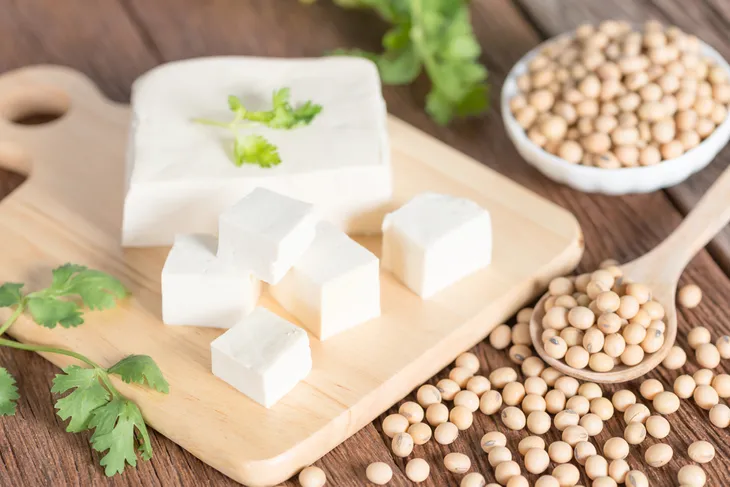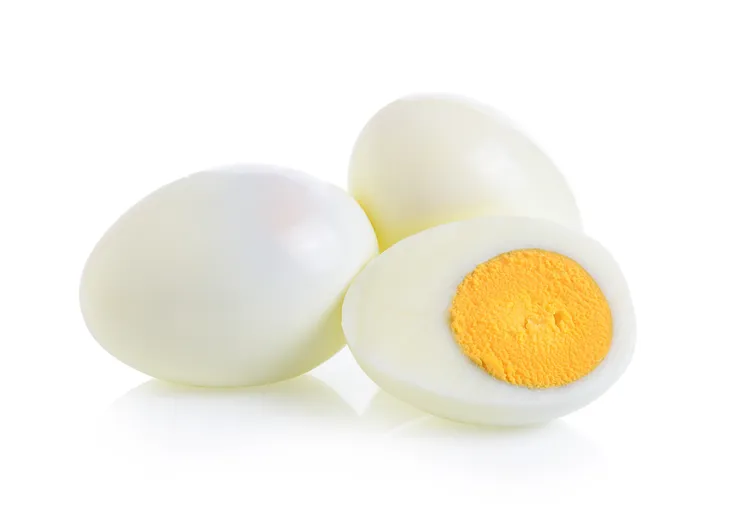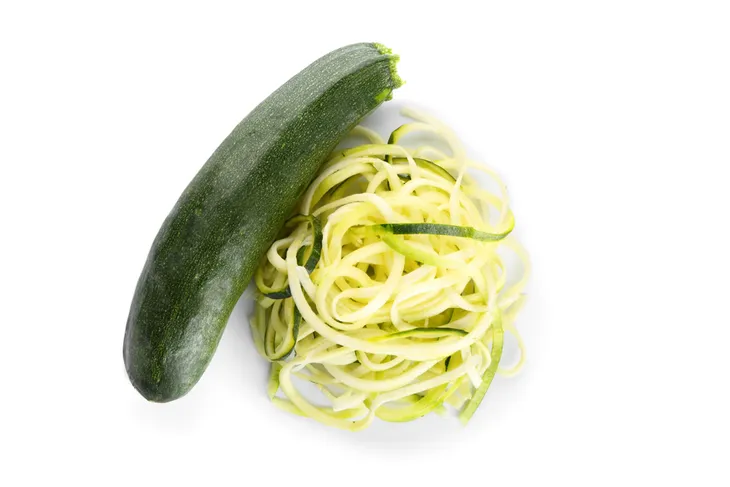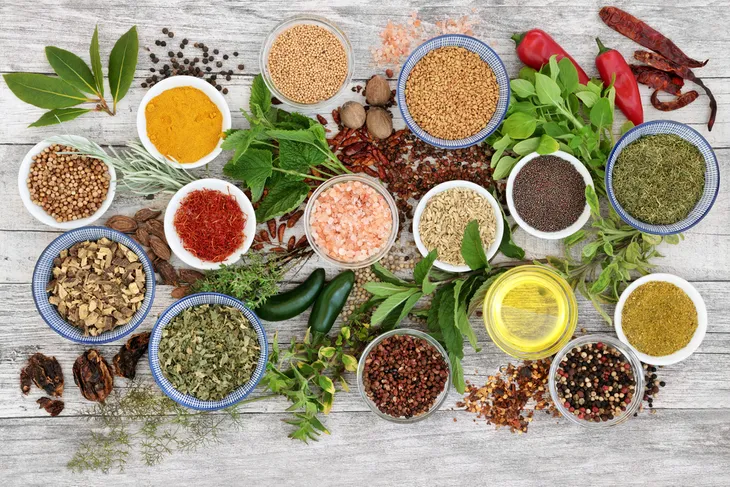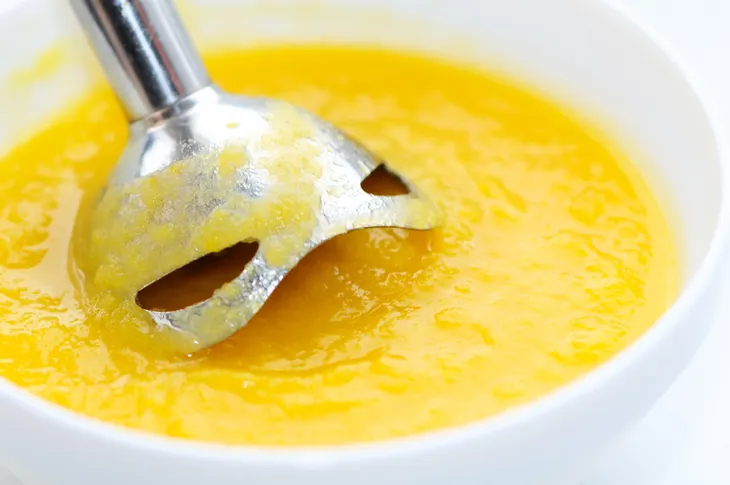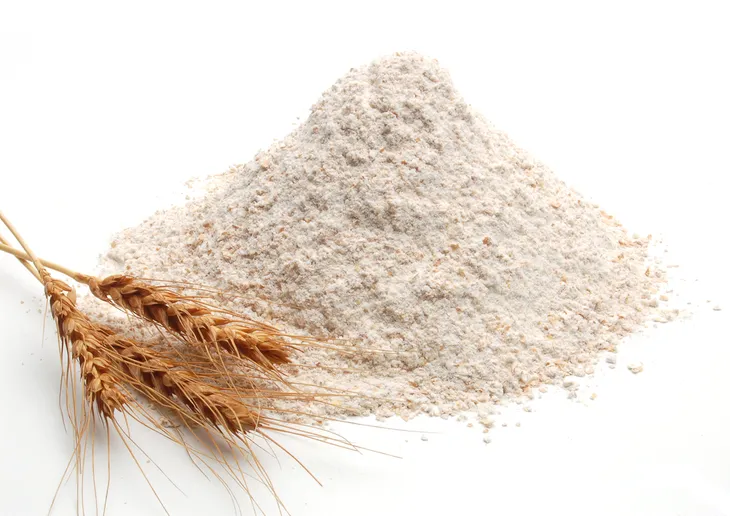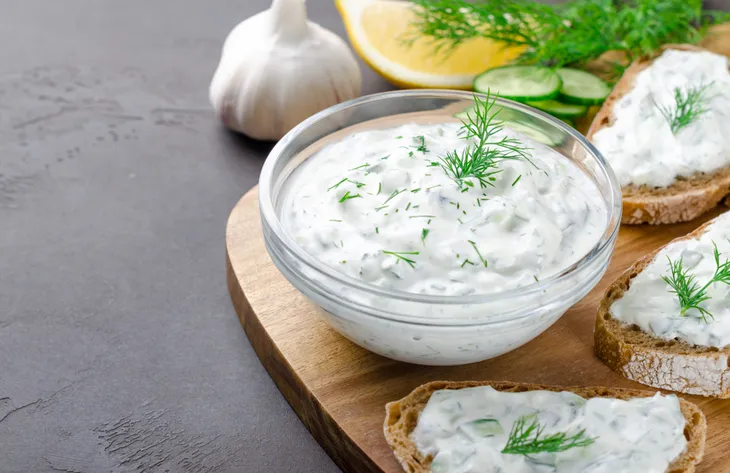Being diagnosed with gout means you will be required to make certain changes to your diet to help prevent your symptoms from getting worse. However, this doesn’t mean the end of you enjoying good food. There are still plenty of recipes out there that are delicious and nutritious for you.
If you cook your own meals, you’ve already conquered part of the battle since you know exactly what ingredients go into your food. Here are more gout-friendly cooking tips to help you stay on track.
Replace Other Oils with Extra Virgin Olive Oil
Whether it’s for cooking, baking, or dressing, extra virgin olive oil serves as a great alternative to other oils. It’s loaded with powerful antioxidants and contains a large amount of monounsaturated fats or as what we would like to call good cholesterol. Olive oil may be versatile but it has a low smoke point so make sure to only use it for low to medium heat cooking.
Stock up on Frozen Mixed Berries
Berries are high in antioxidants which help lower uric acid and reduce gout attacks. Make sure to always have frozen mixed berries in your fridge. They’re great to use for quick morning meals like cereals, oats, and smoothies.
Remove Fat From Meat
Meat can be high in purines which explains why it’s also limited in the gout diet. If you do decide to eat meat that day, make sure to use lean meat and get rid of any fat. Cook it over fire or on the BBQ to burn any fat off.
Consider Tofu
If you are serious about reducing your meat consumption, tofu can be a great alternative. It’s the main protein substitute used by vegetarians and vegans and will satisfy you the same way meat does. It comes in different consistencies ranging from silken tofu to firm and extra firm. You can experiment with these different types when creating replacements for meat dishes you usually make.
Boil Your Eggs Instead of Frying
Eggs are a huge kitchen staple and can be consumed in many different ways. But when it comes to gout, the best way is boiled or poached eggs. Frying them will increase your bad cholesterol. When eating your boiled or poached egg, don’t be afraid to eat the egg yolk too! It contains many healthy minerals and vitamins that are good for you.
Try Zucchini Noodles
Most of us enjoy having a bowl of pasta every now and then. But what if you could enjoy it often without the guilt? Enter zucchini noodles. They’re just strands of zucchini made into the shape of noodles. What makes them great is that they are gluten-free, low in carbs and calories, and contain more vitamins and minerals than your regular pasta. It’s a great way to increase your vegetable intake without sacrificing your favorite.
Take Advantage of Spices and Herbs
Get to know the spices in your pantry and take advantage of them when making meals. Most of the time, the food doesn’t taste quite good because you did not use enough spices. There are hundreds of spices to choose from but you can start with a few staples to enhance the flavors of your dishes.
This includes pepper, rosemary, thyme, paprika, cumin, curry powder, sage, basil, cloves, cayenne pepper, and cinnamon. You can then later build up your spice collection when you are more confident with your cooking.
Puree Your Vegetables
We get it. You’re not a big fan of eating vegetables, but you’re going to have to get used to it if you want to feel better. One way to sneak them into your diet without the ick factor is by pureeing them into soups. Whether it’s broccoli, carrots, tomatoes, pumpkin, peas, or sweet potatoes, there is a way to turn that into a soup that you’ll enjoy sipping on.
Key ingredients that go best with vegetable soup are olive oil, ginger, garlic, thyme, rosemary, chili’s, vegetable broth, yogurt, sour cream, and some herbs and seeds for garnishing.
Do Not Use Artificial Sugars
You should not be having any artificial sugar in any form or manner whether it’s in your cooking or packaged food. Artificial sugar is high in purines which can trigger a gout attack. There are healthier ways to add that sweet taste into your food whether it’s adding fruit or dried fruit, honey, maple syrup, stevia, coconut sugar, or molasses.
Use Whole Wheat Flour
For any cooking that involves flour, you always want to make sure that you are using the whole wheat kind. This means that the flour has not been stripped off its essential minerals which are good for your body. When you opt for whole wheat flour, you get to keep all the healthy fats and protein which make you feel full longer throughout the day.
Use Yogurt as Sauce
Yogurt can be more than just dessert. It can be a substitute for ingredients that are high in fat and sodium such as oil, mayonnaise, and gravy. Simply season it with fresh herbs such as basil, rosemary, and thyme and you have yourself a healthy, creamy sauce, dip, or gravy. Make sure to use the low-fat or Greek variety so you are getting the most health benefits.
Use Non-Alcoholic Substitutes for Cooking
Certain recipes require you to use alcoholic beverages. The most common ones are red wine, white wine, and beer. When you have gout, you have to be extra careful when adding these into your recipe. You don’t want to risk facing a gout attack after a meal so consider these substitutes instead:
White wine: Apple cider vinegar, apple juice, white grape juice, lemon juice, white wine vinegar, ginger ale, chicken stock, or vegetable stock.
Red wine: Vinegar, cranberry juice, pomegranate juice, grape juice, chicken stock, beef stock, or vegetable stock.
Beer: Chicken broth, beef broth, mushroom stock, apple juice, or apple cider.
